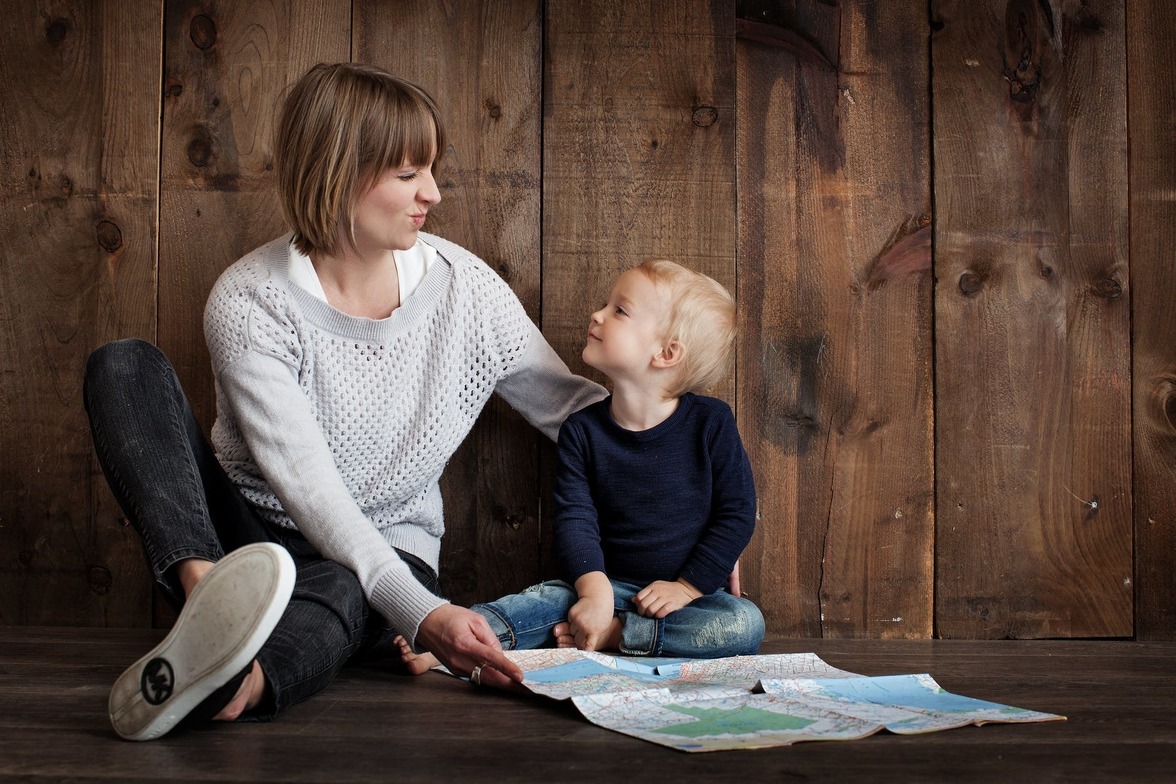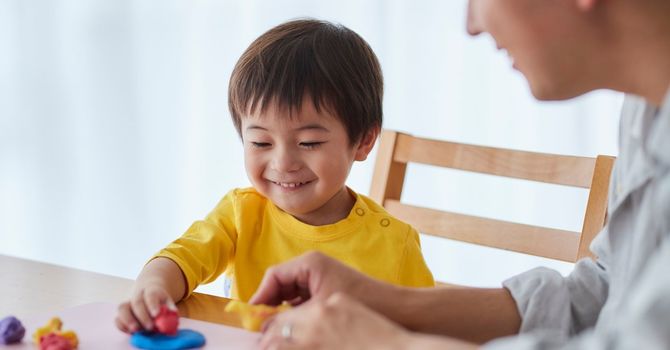
By Shivaun Davies, BA Psychology, Cognitive Coaching Specialist
I can say with no doubt that the most important skill that I regularly utilize as a coach, as well as a mother, wife, daughter, sibling, friend and co-worker, is the ability to empathize. When we are involved in any sort of relational challenge, the ability to take another’s perspective or to walk in their shoes will reliably increase the chance of a healthy resolution.
I would like to focus specifically on the role that we as adults have in empathizing with our children. Why is learning to empathize a valuable endeavor? When we learn to empathize with our children we increase their level of attachment and security within our relationships. We provide them with a predictable safe place to turn to as they navigate their ever developing social world. Our children learn to identify, quantify, and react to their emotions during daily interactions. We incubate our children’s brains which are neurologically structured to relate to others in a social world. We teach our children to empathize with each other now, and in the future with their own families. By raising children who can empathize, we are truly bestowing a caring and effective person into our societal fabric.
The beauty about empathy training is that it can occur anytime, anywhere. In my line of work it is often the first step in tackling challenging behaviors. In essence, before providing a parent or child with strategies to change the behavior, we try to connect with the root of the behavior. Consider these examples: your daughter refuses to do her math homework and rips her worksheet in half; your preschooler throws a five-alarm fit because she wants to wear her rubber boots instead of her runners; your son throws his bowl of cereal off the table because he wanted toast instead (which he neglected to tell you prior to the act); your teenager screams, “I hate you!” In any of the above mentioned examples, I can safely predict that there is more to the seemingly flippant outburst than meets the eye.
Next, imagine how many of us might respond. Many of us will naturally jump to reprimanding our children; we surely don’t want to turn these kids out into the world thinking that they can behave this way! What would the neighbours think? And on that note, there often is an audience – in my case it’s usually been the entire population of the grocery store when my three year old has lost it...on more than a few occasions.
Does this sound familiar? “If you don’t stop yelling you’re not going to that birthday party on the weekend!” or “You have a choice; you can stop yelling and stay to play or you can keep yelling and we will leave!” How about this? “That’s it; no Xbox for a month!” or, “When we get home you are in big trouble!” Or are you more likely to make exasperated pleas? “Really?! Can’t you just give me a break?” or, “I really don’t need this right now!”
If you can hear yourself in any of the above responses (or can think of some even more creative ones you’ve used), try this instead. In a calm and caring tone reflect to your child, “Hmmm, it looks like you’re pretty angry?” (Or sad, frustrated, etc., use the broadest emotional label that your child will understand and that you are pretty sure they are experiencing). And then wait…
The neat thing about empathizing with kids is that once you’ve validated how they are feeling, they often lose their steam in the argument. They might sputter, “Yeah, I’m mad” in between sniffles and tears, or they might yell back, “Yeah, I’m mad at YOU!!!” But this subtle turn in direction will now have opened the door for you to connect to what they are experiencing and in time, move towards problem solving.
To continue on in this conversation your role is quite easy. Listen. Provide minimal encouragers to keep your child talking like “Hmm,” “Oh,” “I see,” and continue with the empathic statements, such as, “Yes, I can see how you’d be mad about that.” Through listening you may learn that your daughter is terrified of long division, that your preschooler’s runners are too small, that your son did ask for toast and you didn’t hear him as your checked your email, or that your teenager isn’t too thrilled with your rules.
Through the act of telling their story, our children can identify their emotions through their own narrative. For example, they might say, “I feel really frustrated and embarrassed when I can’t do long division;” “Wearing lady bugs makes me feel happy;” “I don’t’ like it when you ignore me; I feel like your email is more important than me;” or, “It’s not fair that I have to be home by 10:00.”
In turn, by listening to our children’s stories we can validate their feelings, and provide them with more appropriate means of expressing them. For example, we might say, “I felt embarrassed, too, when I had a hard time with my math. Next time you’re feeling embarrassed you can ask me to help; I would never think you are stupid,” or, “Next time you seem mad about your math homework I’m going to check in with you to see if you need help.”
Regardless of what the catalyst was, you will now know, your child will feel heard, and you can move on to problem solving mode, as well as consequence mode if necessary. Once your child has de-escalated from their heightened emotions and has connected with you, they will be more likely to accept and take part in problem solving for the future and making amends for the behavior.
I think the most important thing to remember about empathizing is that it is not sympathizing. You do not need to agree with your child to empathize with them; you just need to allow them to experience what they feel, and validate it. To try to change or fix the feeling is not empathizing. However, this is what we often do as adults because it hurts to see our children experiencing negative emotions, or because we don’t think our children are reacting rationally enough in our own minds.
Now, imagine if your child can respond as described above to another child in their class who is upset, or to a friend in high school who is being bullied, or to a peer who is a bully. Well, believe it or not, I’ve seen my five year old leave her peers and approach a child unknown to her who was in tears on the playground. Now, she didn’t say, “Hmmm you look sad,” but she put her arm around the little girl and asked very quietly, “What’s wrong?” She was then
able to come to me and tell me the little girl couldn’t find her mom and that she was scared. By providing our kids with empathy, they will pay it forward, and that’s a gift that’s as good to give as it is to receive.
Shivaun is a Cognitive Coaching Specialist, providing coaching services to individuals with developmental disabilities, social, and/or behavioral challenges, and their families. Shivaun is a mother of two who actively works with other parents towards developing personalized, realistic and tailor made parenting strategies. Shivaun’s areas of expertise in coaching surround the Autism Spectrum and AD/HD. She also provides cognitive training programs (including PACE) to those with Learning
Disabilities and/or AD/HD.





